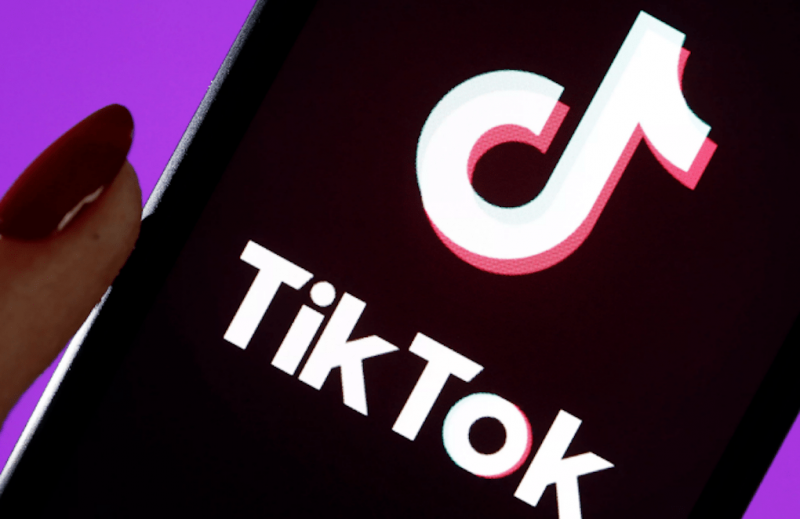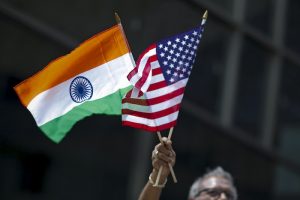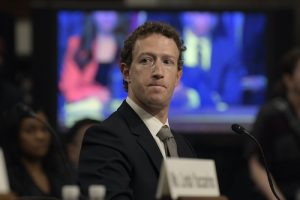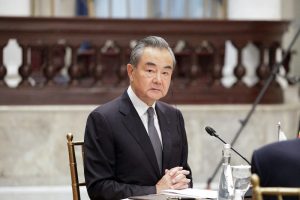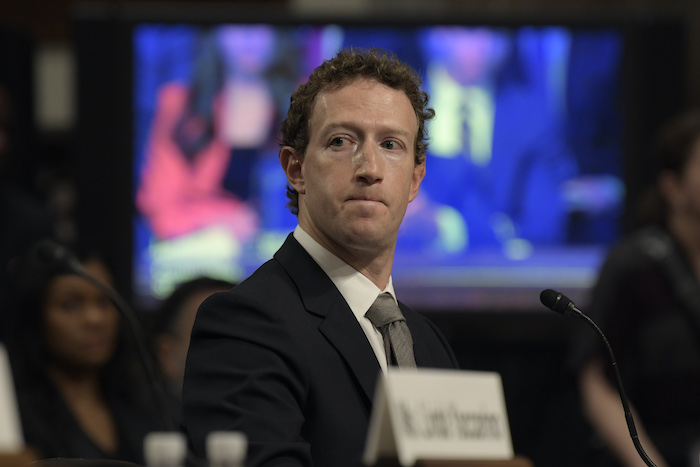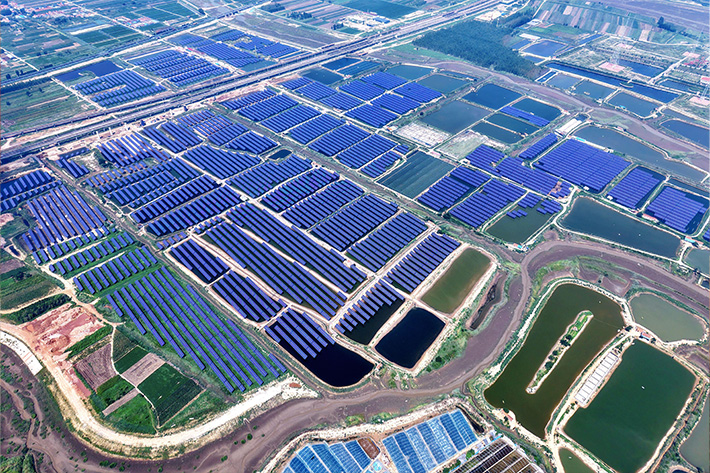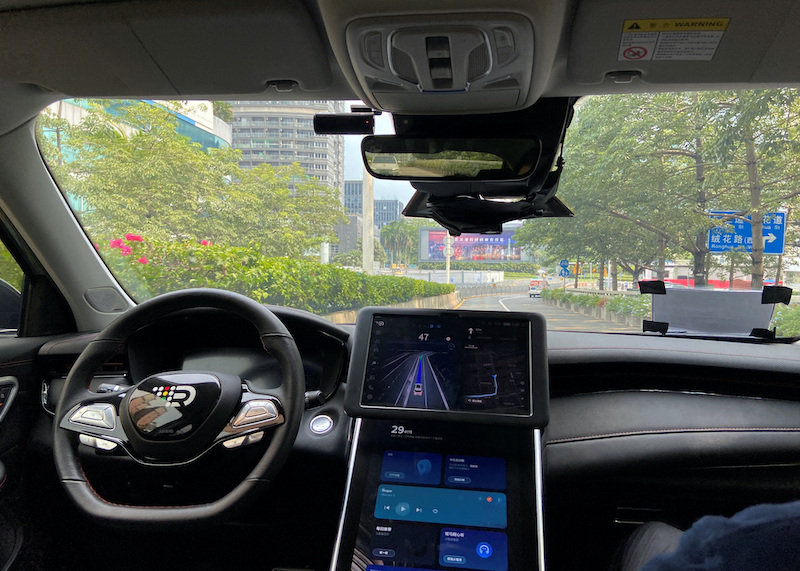(ATF) Chinese conglomerate Bytedance is prepared to sell the US operations of TikTok after US President Donald Trump said late on Friday he would sign an executive order to ban the short-video app in the United States.
Talks about Microsoft buying the Chinese-owned company’s operations in the US were on hold after Trump came out against the sale, the Wall Street Journal reported on Saturday.
US officials have national security concerns over TikTok, saying it could be a tool for Chinese intelligence because of the amount of personal data it collects. The firm rejects this.
The Journal said Trump’s threats prompted the parent company Bytedance to make further concessions, including adding up to 10,000 jobs in the US over the next three years.
TikTok currently has about 80 million active users in the US and Bytedance is believed values its subsidiary at approximately $50 billion.
Analysts said other companies, such as Bytedance investors Sequoia and General Atlantic, had also expressed an interest in taking over the company.
Under the new proposed deal, ByteDance would exit completely and Microsoft Corp would take over TikTok in the United States, the sources told Reuters and AFP.
Some ByteDance investors that are based in the United States may be given the opportunity to take minority stakes in the business, they said. About 70% of ByteDance’s outside investors come from the US.
“The administration has very serious national security concerns over TikTok. We continue to evaluate future policy,” the White House said in a statement, declining to comment on whether Trump would accept ByteDance’s concession. ByteDance in Beijing did not respond to a request for comment, Reuters said.
“We are here for the long run. Continue to share your voice here and let’s stand for TikTok,” the firms US general manager Vanessa Pappas said in a video published on the app on Saturday.
Under ByteDance’s new proposal, Microsoft, which also owns LinkedIn, would be in charge of protecting all of TikTok’s US user data, the sources said. The plan allows for a US company other than Microsoft to take over TikTok in the United States, they added.
Speaking to reporters on Air Force One, Trump said: “As far as TikTok is concerned, we’re banning them from the United States.”
He said he would take action as soon as Saturday using emergency economic power or an executive order, but there was no announcement.
Trump’s move follows a review by the Committee on Foreign Investment (CFIUS) in the United States, which investigates deals affecting US national security.
Also banned in India
TikTok is popular with young audiences who create and watch short-form videos with special effects. It has an estimated billion users worldwide, although that number may have fallen given that TikTok was one of dozens of apps that have been banned by India recently – for similar reasons.
TikTok declined to comment on the reports of the forced sales, telling AFP: “We are confident in the long-term success of TikTok. Hundreds of millions of people come to TikTok for entertainment and connection, including our community of creators and artists who are building livelihoods from the platform.”
TikTok CEO Kevin Mayer, who is a former Walt Disney executive, said last week: “We are not political, we do not accept political advertising and have no agenda – our only objective is to remain a vibrant, dynamic platform for everyone to enjoy.
“TikTok has become the latest target, but we are not the enemy.”
The firm pledged a high level of transparency this week, including allowing reviews of its algorithms, to assure users and regulators.
The popularity of the platform surged after ByteDance acquired US-based app Musical.ly in a $1-billion deal in 2017 and merged it with its own video service.
It was not clear what authority Trump had to ban TikTok or how a ban would be enforced and what legal challenges it would face.
Increased scrutiny on apps, data storage
Last week, the US Senate Committee on Homeland Security and Governmental Affairs unanimously passed a bill that would bar federal employees from using TikTok on government-issued devices. It will be taken up by the full Senate for a vote. The House of Representatives has already voted for a similar measure.
ByteDance, Microsoft and the US Treasury Department, which chairs the government panel that has been reviewing ByteDance’s ownership of TikTok, declined to comment.
Relations between the United States and China have been strained for months over the national security bill seen to have broken an international agreement on autonomy in Hong Kong, Beijing’s military takeover of the South China Sea, which the US regards as having no legal basis, as well as allegedly failing to promptly warn other states about the coronavirus.
The United States has been increasingly scrutinising app developers over the personal data they handle, especially if some of it involves US military or intelligence personnel.
Earlier this year, Chinese gaming company Beijing Kunlun Tech Co Ltd sold Grindr LLC, a popular gay dating app it bought in 2016, for $620 million after being ordered by CFIUS to divest.
In 2018, CFIUS forced China’s Ant Financial to scrap plans to buy MoneyGram International Inc over concerns about the safety of data that could identify US citizens.
So, the order to divest TikTok is not be the first time the White House has taken action over such concerns.
With reporting by Reuters and AFP




